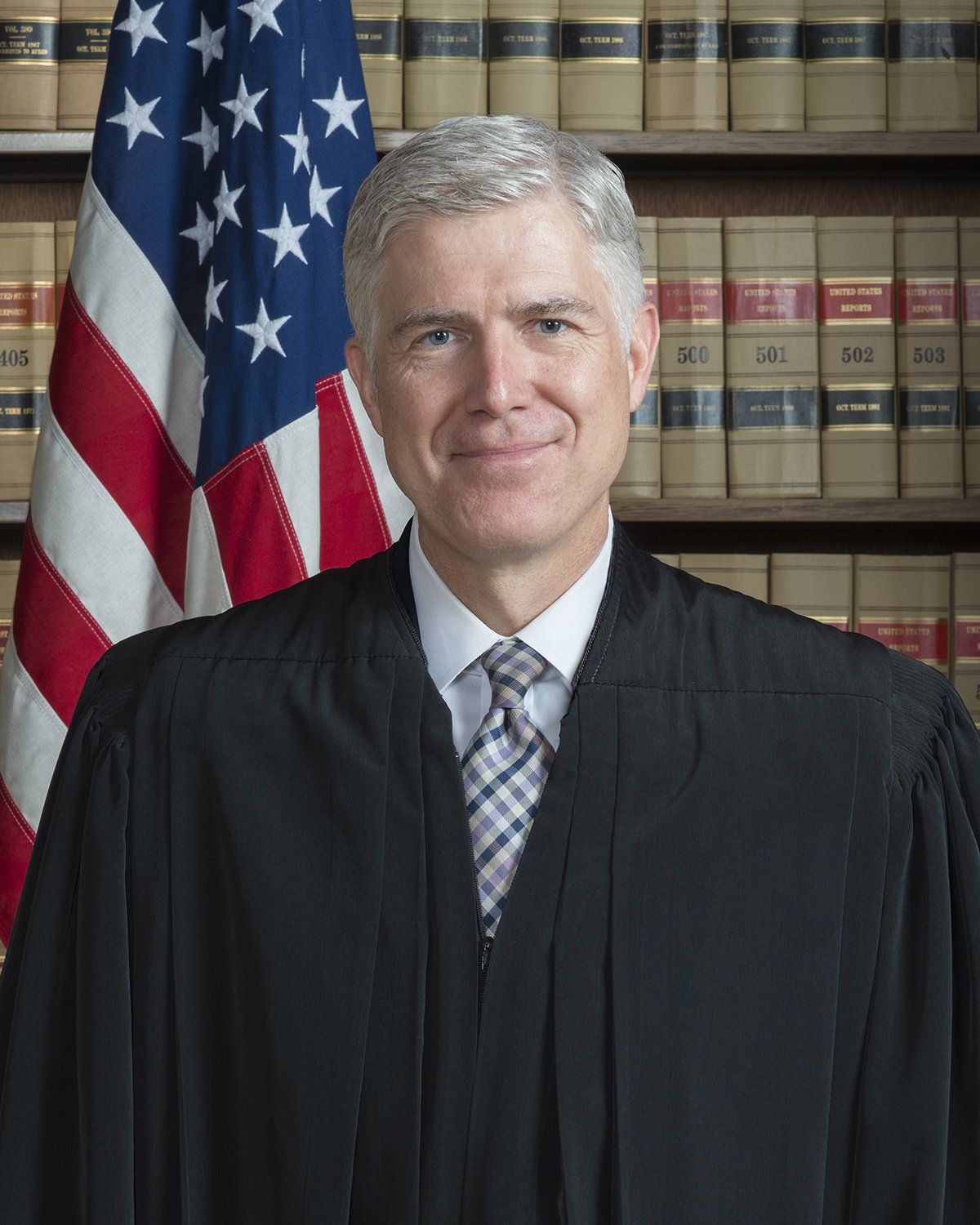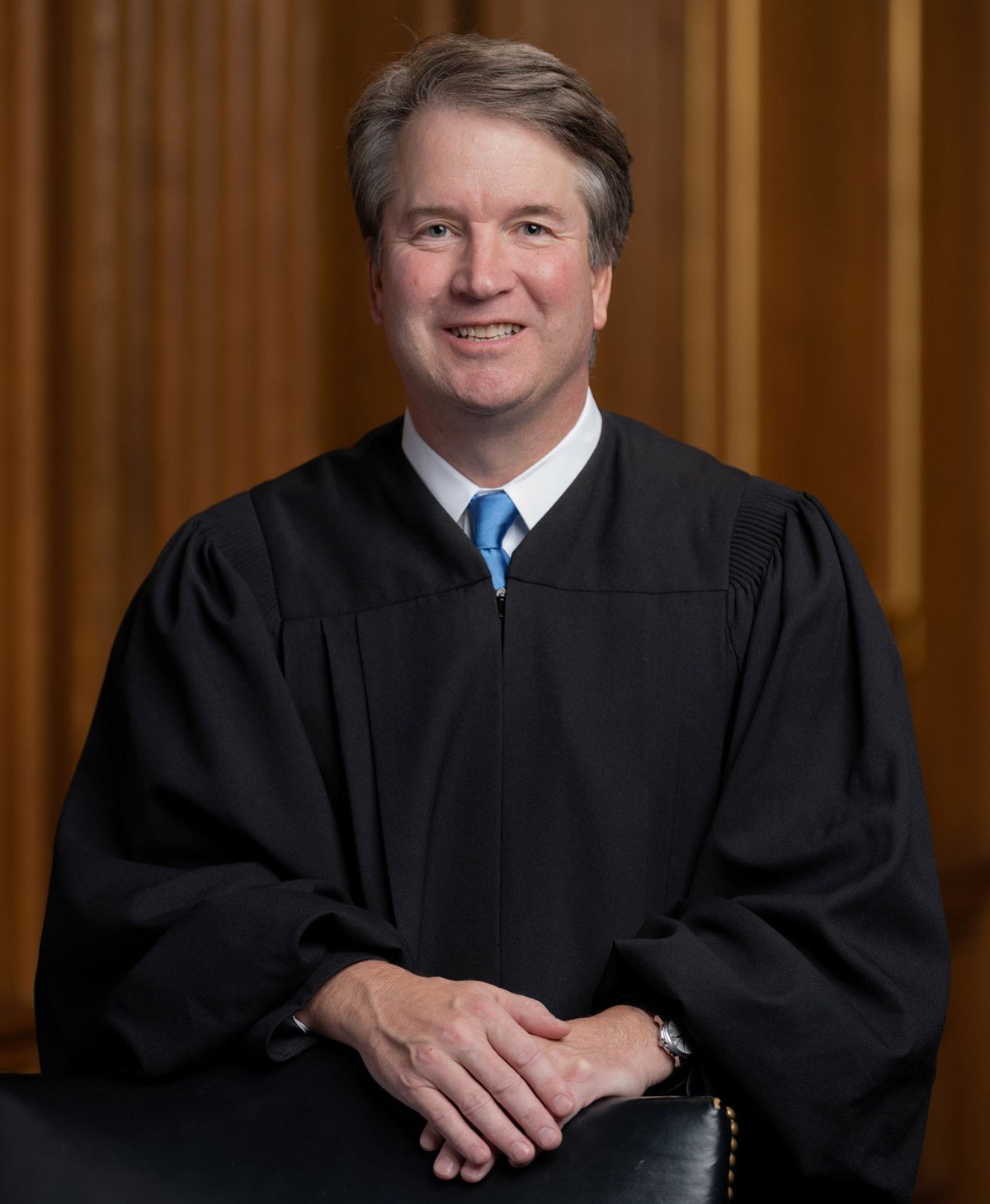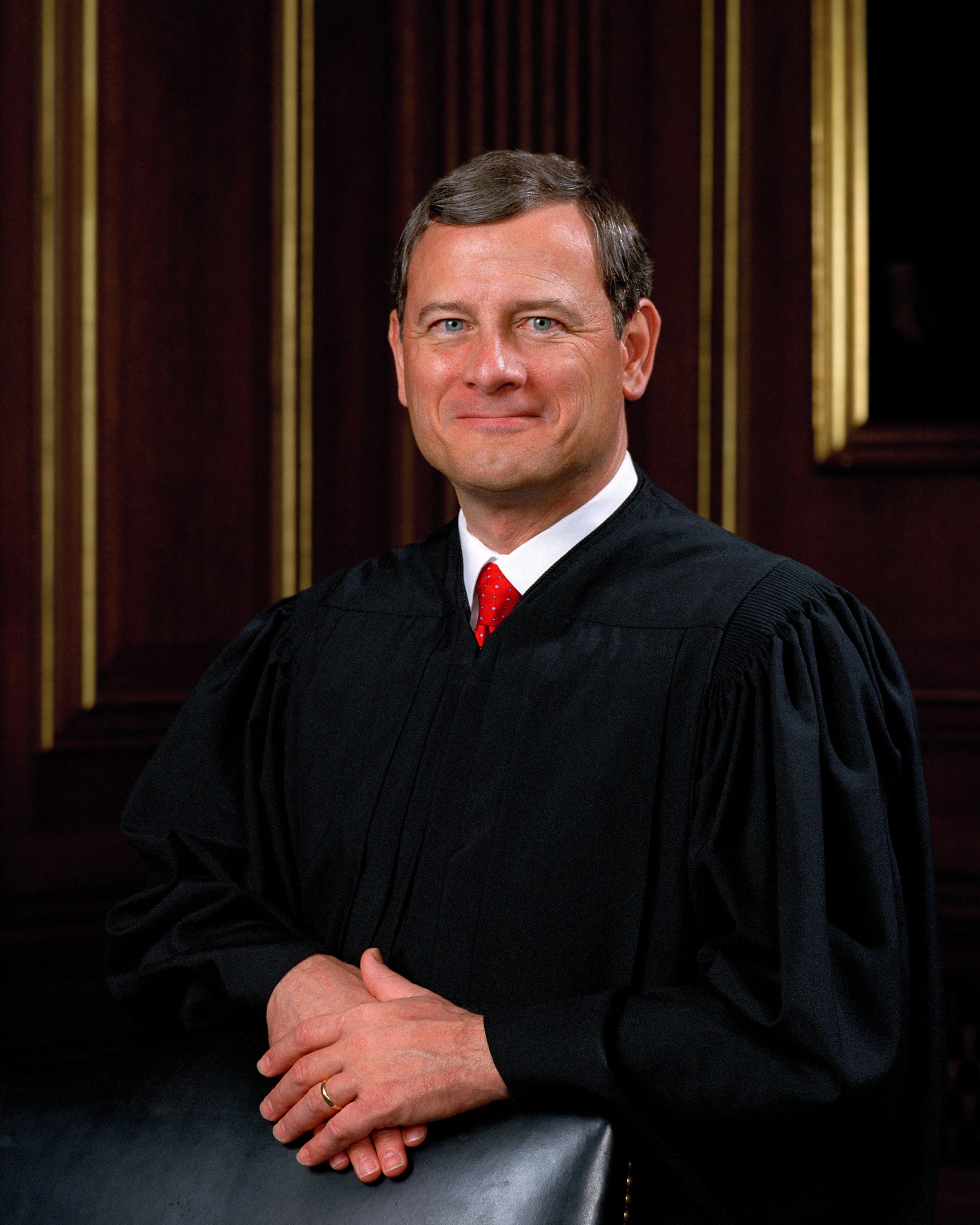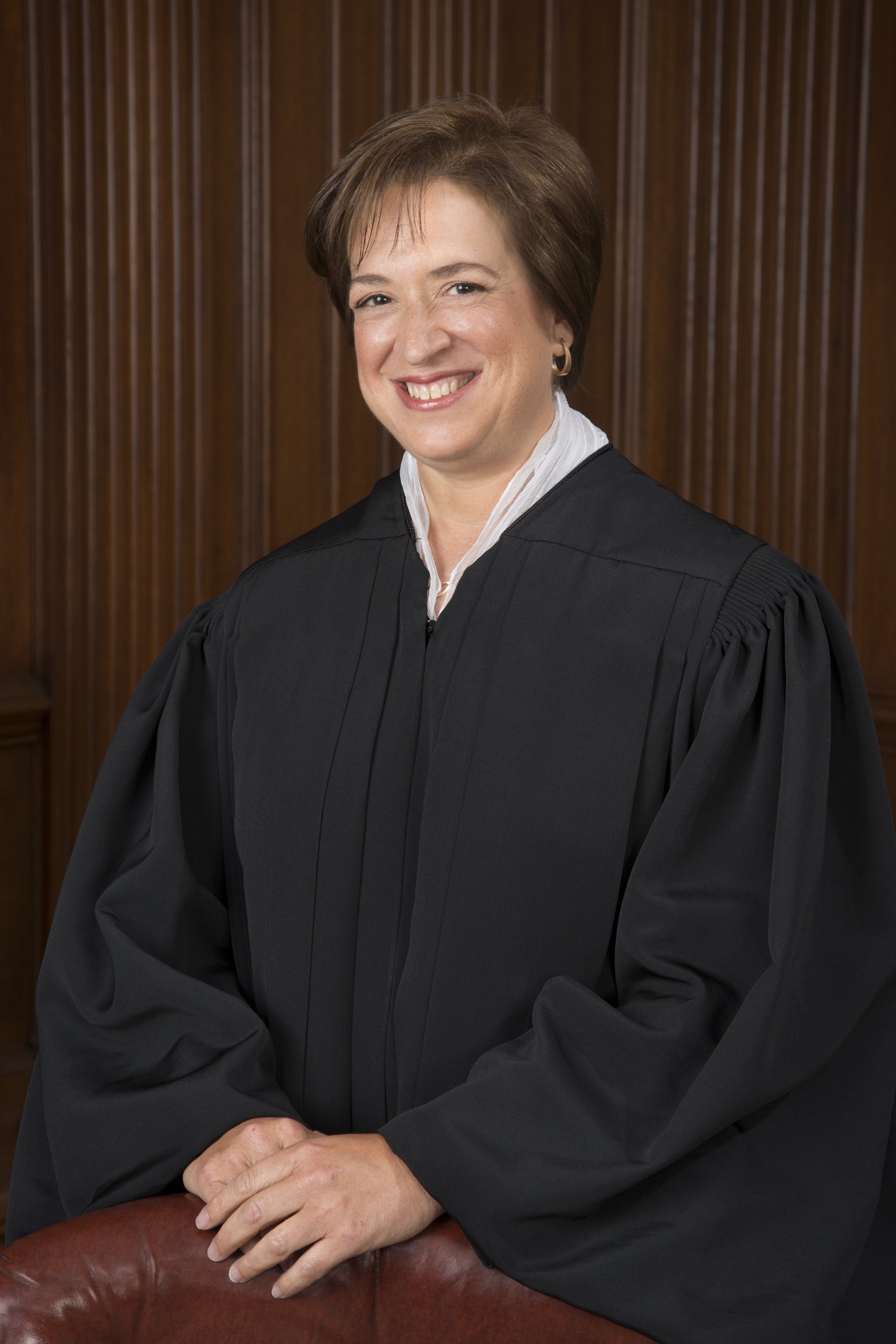Ramos v. Louisiana
Case Overview
CITATION
ARGUED ON
DECIDED ON
DECIDED BY
OVERRULED
590 U.S. 83 (2020)
October 7, 2019
April 20, 2020
Apodaca v. Oregon (1972)
Legal Issue
Does the Sixth Amendment, as applied to the states through the Fourteenth Amendment, require a unanimous verdict from a jury in a state criminal trial?
Holding
Yes, the Sixth Amendment, as applied to the states through the Fourteenth Amendment, requires that a jury find a criminal defendant guilty by a unanimous verdict.
Elizabeth Murrill, the Louisiana Solicitor General, arguing on behalf of the respondent | Credit: SCOTUSblog
Background
In 2016, Evangelisto Ramos was convicted of murder in Louisiana by a 10-2 jury verdict. Ramos was sentenced to life in prison without the possibility of parole and subsequently appealed his conviction, arguing that Louisiana’s law allowing for nonunanimous jury convictions was unconstitutional. At the time, Oregon was the only other state to allow for nonunanimous jury convictions.
Ramos’ first appeal was before the Louisiana Court of Appeal, which upheld his conviction. He subsequently appealed to the Fourth Circuit Court of Appeals, who also upheld his conviction. The U.S. Supreme Court then granted certiorari.
Summary
6 - 3 decision for Ramos
Ramos
Louisiana
Sotomayor
Ginsburg
Kagan
Alito
Thomas
Breyer
Roberts
Gorsuch
Kavanaugh
Opinion of the Court by Justice Gorsuch
Writing for the Court, Justice Neil Gorsuch explained that the Sixth Amendment’s guarantee of a trial by an impartial jury inherently includes the requirement of unanimity. He traced the historical context, noting that juror unanimity emerged as a vital common law right in 14th-century England, appeared in early American state constitutions, and provided the backdrop against which the Sixth Amendment was drafted and ratified. He highlighted that “wherever we might look to determine what the term ‘trial by an impartial jury’ meant at the time of the Sixth Amendment’s adoption... the answer is unmistakable. A jury must reach a unanimous verdict to convict.”
Gorsuch criticized the fractured set of opinions in Apodaca v. Oregon (1972), where the Court failed to reach a consensus on the requirement of unanimity for state convictions. He pointed out that while a four Justices in Apodaca questioned whether unanimity served an important function in contemporary society, they failed to provide a consistent rationale. Gorsuch rejected Louisiana’s argument that the Court had never definitively ruled on the issue, asserting that the Sixth Amendment's historical requirement of unanimity was clear and unequivocal.
Gorsuch also rejected Louisiana’s reliance on the drafting history of the Sixth Amendment, arguing that the removal of explicit references to unanimity did not imply an intent to abandon this requirement. He argued that the omission could just as easily be interpreted as recognizing unanimity as an implicit part of the right to a jury trial.
Addressing concerns about the practical implications of overturning Apodaca, Gorsuch acknowledged that while it might impose some costs, the preservation of constitutional rights was more important. He wrote, “[t]he deeper problem is that the plurality subjected the ancient guarantee of a unanimous jury verdict to its own functionalist assessment in the first place... As judges, it is not our role to reassess whether the right to a unanimous jury is ‘important enough’ to retain. With humility, we must accept that this right may serve purposes evading our current notice. We are entrusted to preserve and protect that liberty, not balance it away aided by no more than social statistics.”
Gorsuch concluded that Ramos’ conviction was unconstitutional and should therefore be overturned. In closing, he wrote that “[e]very judge must learn to live with the fact he or she will make some mistakes; it comes with the territory. But it is something else entirely to perpetuate something we all know to be wrong only because we fear the consequences of being right.”
Concurring Opinion by Justice Sotomayor
In her concurrence, Justice Sonia Sotomayor explained that while she agreed with most of the Court’s rationale, she wrote separately to highlight the importance of overturning Apodaca and the racially based origins of the nonunanimous jury laws at question in this case.
Sotomayor explained her view that Apodaca was an extremely flawed decision that existed in a “universe of one” and was irreconcilable with constitutional precedent. Pushing back on the dissent’s fears of overturning precedent, she wrote, “[t]he Constitution demands more than the continued use of flawed criminal procedures—all because the Court fears the consequences of changing course.” Sotomayor ultimately concluded that “[w]hile overruling precedent must be rare, this Court should not shy away from correcting its errors where the right to avoid imprisonment pursuant to unconstitutional procedures hangs in the balance.”
Concurring Opinion by Justice Kavanaugh
In his concurrence, Justice Brett Kavanaugh focused on the important role of stare decisis and why, considering that, he feels it is important to overturn the Court’s ruling in Apodaca. Kavanaugh agreed with the Court’s decision to overrule Apodaca, explaining that “the original meaning of the Sixth and Fourteenth Amendments and this Court’s two lines of decisions—the Sixth Amendment jury cases and the Fourteenth Amendment incorporation cases—overwhelmingly demonstrate that Apodaca’s holding is egregiously wrong.”
While Kavanaugh acknowledged concerns about the potential disruption of past convictions as a result of overturning Apodaca, he argued that the benefits of ensuring fair trials and upholding constitutional rights outweighed those concerns. He noted that the decision would restore the integrity of the jury system and align with the Court’s precedent that the Sixth Amendment’s protections apply equally to the states. Kavanaugh also highlighted the racially discriminatory origins of non-unanimous jury laws in question in the case, noting that they were adopted to undermine the influence of minority jurors. He stated that eliminating non-unanimous verdicts would help to correct these historical injustices and promote equality in the criminal justice system. Kavanaugh concluded that Apodaca was “egregiously wrong, it has significant negative consequences, and overruling it would not unduly upset reliance interests.”
Concurring Opinion by Justice Thomas
In his concurring opinion, Justice Clarence Thomas explained that while he agreed with the majority’s ruling, he believed that the original understanding of the Fourteenth Amendment’s Privileges or Immunities Clause supports the incorporation of the Sixth Amendment’s unanimous jury verdict requirement against the states, not the Due Process Clause.
Thomas traced the historical context of the Privileges or Immunities Clause, emphasizing its role in protecting fundamental rights against state infringement. He noted that the framers of the Fourteenth Amendment intended to include the Bill of Rights protections as privileges or immunities of citizenship, which the states could not abridge. He argued that the right to a unanimous jury verdict is one of those fundamental rights that should be protected under this clause. Addressing the historical requirement of unanimity, Thomas noted that the practice of requiring unanimous jury verdicts dates back to English common law and was well established in the American legal tradition by the time of the Sixth Amendment’s adoption. He emphasized that this requirement was understood to be a fundamental aspect of the right to a jury trial.
Thomas critiqued the Court’s reliance on the Due Process Clause for incorporating rights against the states, asserting that “[t]he guarantee that ‘[n]o State shall make or enforce any law which shall abridge the privileges or immunities of citizens of the United States’ is a more straightforward and historically grounded basis for incorporation.” He contended that using the Due Process Clause has led to inconsistent and unpredictable results in the Court’s jurisprudence. He ultimately concluded that the Sixth Amendment’s guarantee of a unanimous jury verdict should be fully applicable to the states through the Privileges or Immunities Clause of the Fourteenth Amendment, an approach that aligns with the original understanding of the Amendment and provides a clearer, more consistent basis for protecting fundamental rights against state action.
Dissenting Opinion by Justice Alito
In his dissenting opinion, Justice Samuel Alito argued that the principle of stare decisis, which promotes legal stability by upholding previous decisions, should have led the Court to maintain the ruling in Apodaca. Alito explained that Apodaca established a functional approach that allowed for non-unanimous verdicts in state trials while requiring unanimity in federal trials. He emphasized that this precedent had been in place for nearly half a century and that overturning it would disrupt the legal system. He expressed concern that the majority’s decision disregarded the reliance interests of Louisiana and Oregon, which had structured their legal systems around non-unanimous jury verdicts. He wrote, “[l]owering the bar for overruling our precedents, a badly fractured majority casts aside an important and long-established decision with little regard for the enormous reliance the decision has engendered.”
Alito criticized the majority for not providing a compelling justification for overturning Apodaca. He argued that the original decision had been a reasonable interpretation of the Sixth Amendment and that the Court should not abandon it simply because a new majority disagreed with the reasoning. He stated, “[t]he doctrine of stare decisis demands respect for the accumulated wisdom of judges who have previously addressed the same issue.” Raising practical concerns about the consequences of the ruling, Alito warned that requiring unanimous verdicts could lead to more hung juries and retrials, therefore placing additional burdens on the judicial system. He also suggested that the majority’s decision could undermine public confidence in the justice system by invalidating numerous convictions obtained under the previous standard. Overall, Alito argued for the preservation of the Apodaca precedent, emphasizing the importance of stare decisis and warning of the practical and legal repercussions of overturning a long-standing decision.









